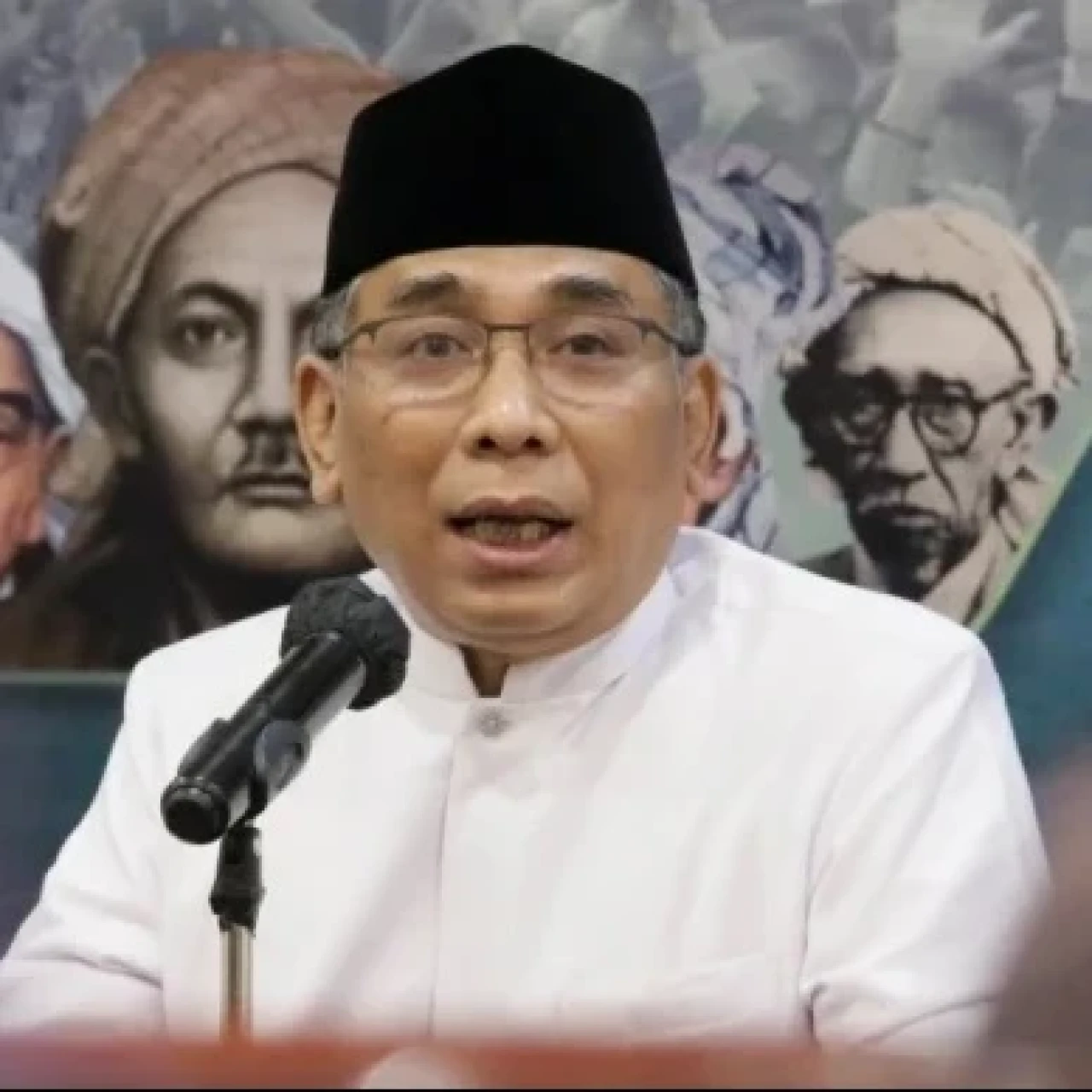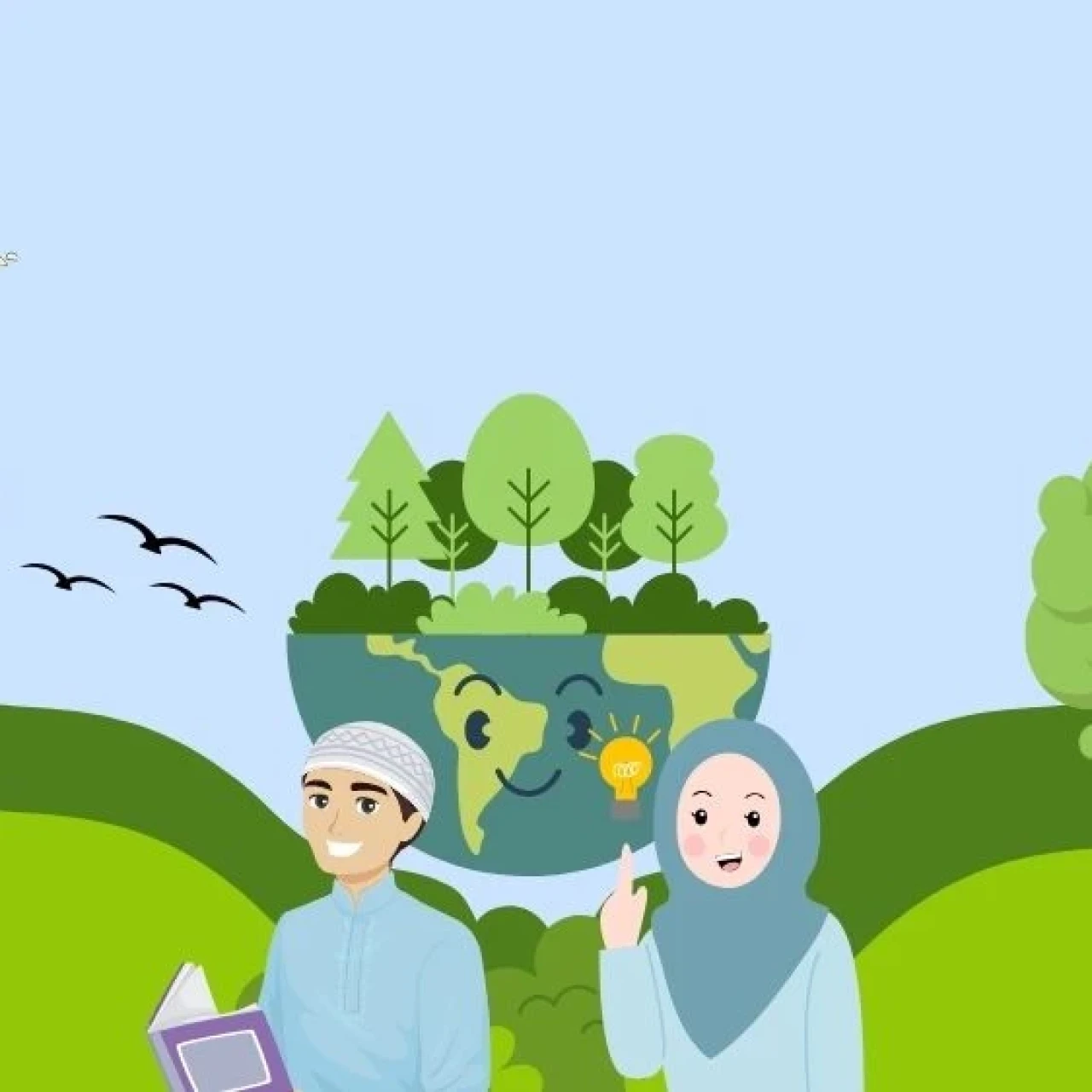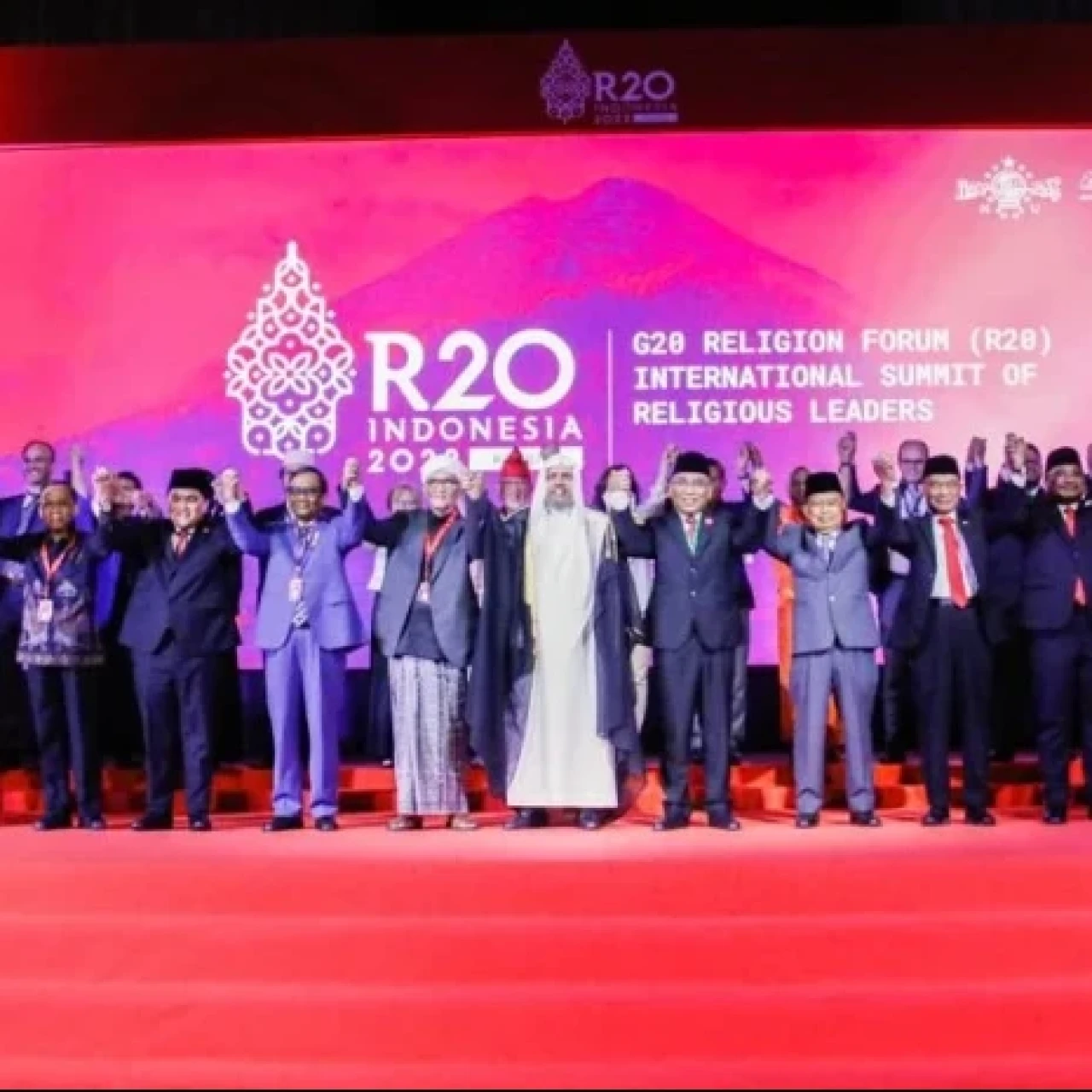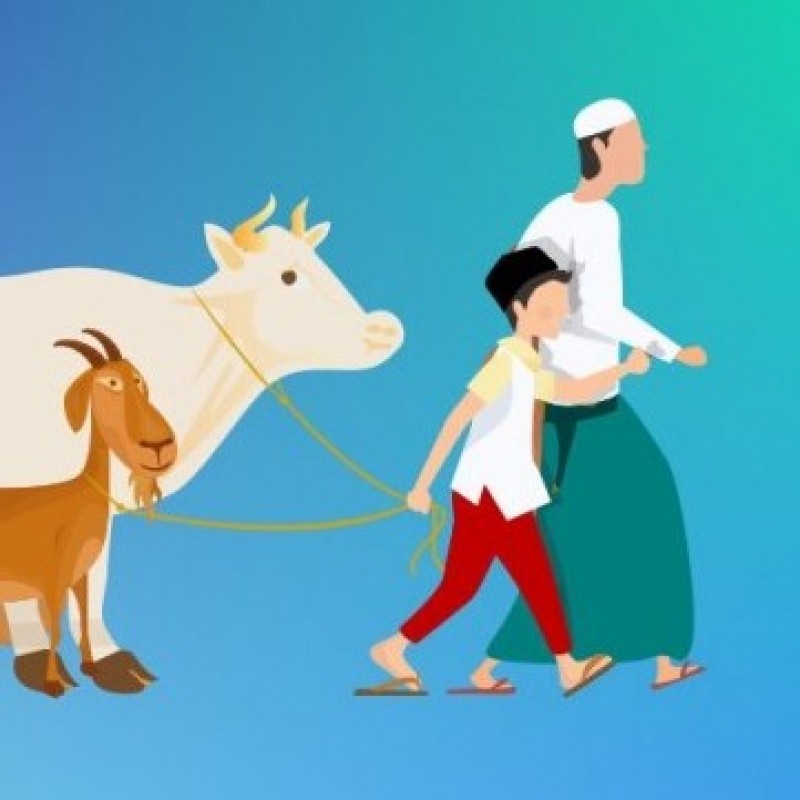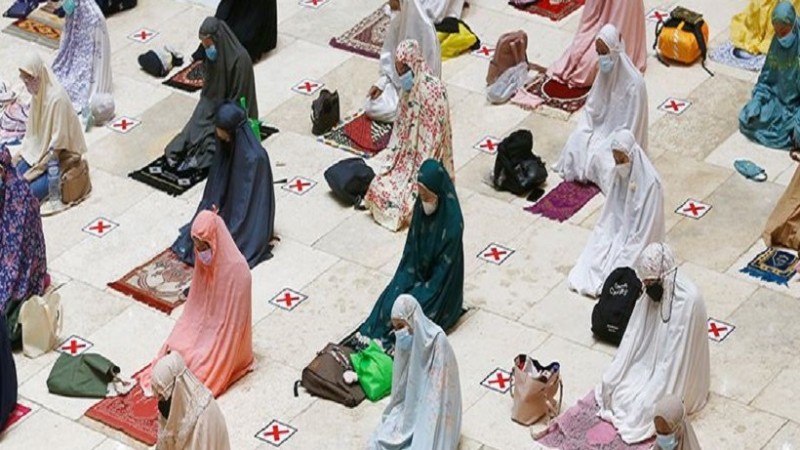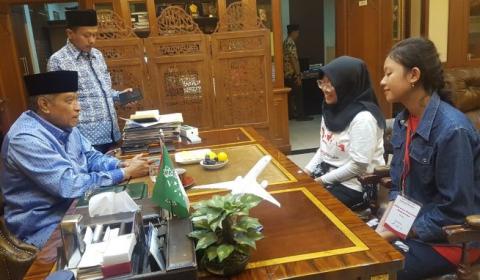Why the ties Sukarno forged with NU remain relevant for Indonesia
NU Online · Rabu, 13 Agustus 2014 | 15:36 WIB
By M. Rizvi
This year’s presidential election was marked by many remarkable events, ranging from an impressive show of people power to the darkest of political black campaigns. But while the election process has caused divisions within some strata of society, it has also generated a sense of solidarity that was rarely seen in past elections. A fascinating development, in some areas, was the revitalization of the strong ties created by Sukarno, the country’s first president, and KH Hasyim Asy’ari, the founder of the Islamic organization Nahdlatul Ulama (NU).<>
Both men have had a lasting impact. Sukarno is widely seen as a model of Indonesian nationalism and was a pioneer of the patriotic movement while Hasyim was the founding father of NU, now the largest Muslim organization in the world, which preaches a moderate Islam that rejects the idea of an absolute Islamic state in Indonesia.
NU emphasizes that our independence can only be safeguarded by national unity, peace and religious pluralism, and the mixture of Sukarno’s and Hasyim’s similar ideologies and objectives has played an important role in Indonesia’s history. The joint fight against the imperialistic Dutch is one example, and both also had a hand in formulating Pancasila, the official philosophical foundation of the Indonesian state.
Cooperation in Pekalongan
This year’s presidential election saw a spiritual and ideological rekindling between Indonesian nationalism and NU, particularly evident during campaigning in the Central Java town of Pekalongan, the country’s most famous producer of the traditional batik textile.
Kuntho Witjaksana, a 45-year-old resident of Jakarta temporarily relocated to Pekalongan two months prior to election day to focus on a volunteer initiative. He had left his business and family because he wanted to start a more organized volunteer group for Joko Widodo and Jusuf Kalla. Why did he choose Pekalongan?
Kuntho’s father was the head of the Indonesian Democratic Party of Struggle (PDI-P) branch in the town and had been a congressman in the late 1980s. The initial step Kuntho took was to approach his father’s old political allies who still had a loyal following despite being politically inactive for years. Through this, he established his Relawan Persatuan group: volunteering for the cause of unity. The group attracted more than 5,000 people who became active members in a relatively short time. The association included supporters of the PDI-P, the Golkar Party and the National Democrats (Nasdem).
On the other side of town, Muhamad Jawad, 28, a young member of the Pekalongan branch of NU, also promoted its ideologies to local residents. He, and other affiliates of the organization, went door to door to remind the town of the plight and history of NU and to choose the candidate who they felt best represented the Nahdliyin, or followers of NU’s teachings. At a townhall meeting, Kuntho and Jawad met and discussed their ideas and realized how similar their beliefs were. It was a microcosm of the relationship established by Sukarno and Hasyim.
For the past few years, there has been a separation of sorts between the Nahdliyin and the nationalistic movement at the grassroots level. There is a growing sentiment that nationalism is synonymous to secularism and that NU is strictly a religious group with concerns only to the spiritual and religious ritualistic aspects of life while ignoring the more essential topics of nation-building. This divide could drive the two groups further apart and consequently lose sight of their common goal.
‘Watermelon organization’
It needs to be reminded that Sukarno once proclaimed in one of his speeches that he “loved” NU and that NU was widely regarded as a “watermelon organization”: green, for Islam, on the outside but flush red, for Indonesian nationalism, on the inside. The late Abdurrahman Wahid, Indonesia’s fourth president who was also known affectionately as Gus Dur, once said that to vote for either PDI-P or his own National Awakening Party (PKB) (with a heavy NU influence) would not make much difference, due to their many shared viewpoints. This philosophical fusion was one of the fertile seeds planted by Sukarno and the Nahdliyin that flourished and helped obtain Indonesia’s independency. A significant event that many forget was that Sukarno and NU were instrumental in the process of re-annexing West Irian (now called Papua) back to the republic from Dutch colonial rule in 1962.
The historic presidential election this year was an example of how these two associations can achieve a goal collectively, as shown by Kunto and Jawad. Their organizations campaigned together, held meetings to discuss village safety, and coordinated activities of members of their groups in unison to distribute campaign material across the town. Both the volunteer group and NU even sat down and performed a traditional prayer to wish for a smooth, democratic election process and to pray for the forefathers of both organizations.
A former member of the Indonesian Democratic Party (PDI) in Pekalongan affirmed that these types of joint prayers between PDI and NU were a routine occasion in the old days and that he had longed for such a moment. In essence, Kunto’s and Jawad’s groups renewed the bond that had been thinning between them over time. During their newfound relationship, they were able to successfully assist the city of Pekalongan and its surrounding districts to vote for their presidential candidate at an impressive 70-percent rate. This is an example of the cooperation that Sukarno and Hasyim had in mind when they forged their partnership.
Sukarno and NU were shoulder to shoulder in building Indonesia to become Baldatun thayyibatun wa robbun ghafur — a place where all could live in tranquility and amicability. Re-implementation of this chapter in our history in present times is crucial now that Indonesia is threatened by radical religious groups that are trying to gain a foothold here. It is significant what the present government is doing in censoring and blocking their propaganda, but to prevent future problems, the work paved by Indonesia’s past leaders should never be forgotten.
Sukarno once asserted that a great nation is a nation that appreciates the sacrifices and deeds of its past heroes. Their contributions are an asset not only for the past and present but, more importantly, also for the future of Indonesia.
M. Rizvi is a professional in the oil and gas sector, and an observer of Indonesian politics
Terpopuler
1
KH Miftachul Akhyar: Menjadi Khalifah di Bumi Harus Dimulai dari Pemahaman dan Keadilan
2
Amerika Bom 3 Situs Nuklir Iran, Ekskalasi Perang Semakin Meluas
3
Nota Diplomatik Arab Saudi Catat Sejumlah Kesalahan Penyelenggaraan Haji Indonesia, Ini Respons Dirjen PHU Kemenag
4
Houthi Yaman Ancam Serang Kapal AS Jika Terlibat dalam Agresi Iran
5
Menlu Iran Peringatkan AS untuk Tanggung Jawab atas Konsekuensi dari Serangannya
6
PBNU Desak Penghentian Perang Iran-Israel, Dukung Diplomasi dan Gencatan Senjata
Terkini
Lihat Semua





